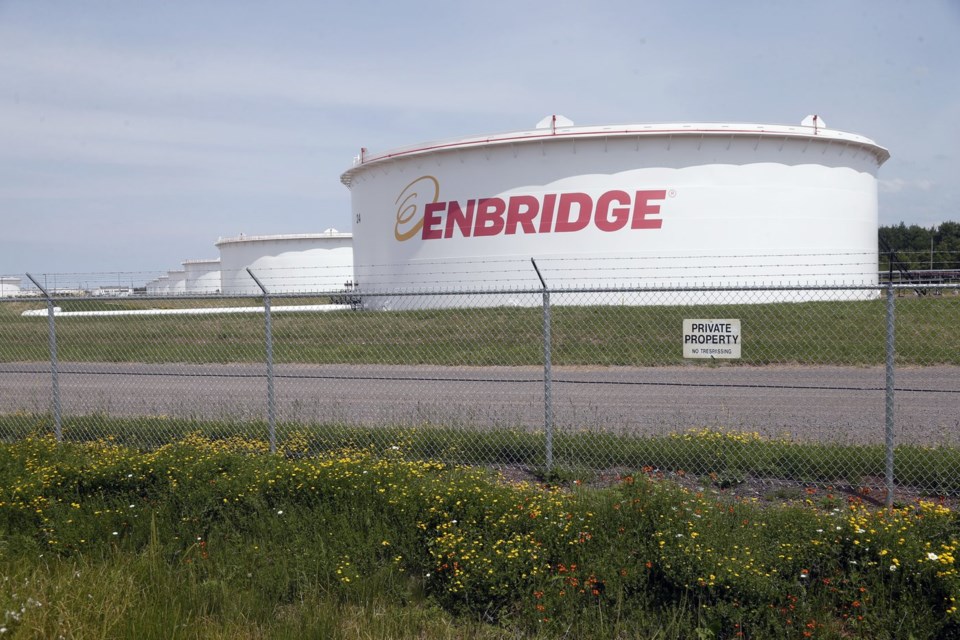OAKLAND, Wis. (AP) — Roughly 70,000 gallons (264,978 litres) of oil from a pipeline spilled into the ground in Wisconsin, officials said.
The problem was discovered Nov. 11 in Jefferson County, 60 miles (96.5 kilometers) west of Milwaukee, by an Enbridge Energy technician, the Milwaukee Journal Sentinel reported, citing a federal accident report.
Enbridge said the spill on the company's Line 6 was caused by a faulty connection on a pump transfer pipe at the Enbridge Cambridge Station. It was an estimated 1,650 barrels, which is equivalent to about 70,000 gallons.
“Investigation and remediation began immediately upon discovery and continues. Removal of impacted soils is continuing,” spokesperson Juli Kellner said Saturday, adding that 60% of the spill has been removed through excavation.
Kellner said the spill was immediately reported to regulators, though the report by a federal pipeline safety agency said the line likely was leaking for an "extended period of time.”
“We are working with the Wisconsin Department of Natural Resources as cleanup and restoration proceed," Kellner said.
Line 6 is a 465-mile (748.3-kilometer) pipeline carrying crude oil from Superior, Wisconsin, to a terminal near Griffith, Indiana, according to a company map.
Critics noted the spill was discovered during the same week that Wisconsin regulators approved the first permits for Enbridge's plan to move the aging Line 5 pipeline around the Bad River Band of Lake Superior Chippewa reservation. Opponents said it would still threaten the region’s watershed and perpetuate the use of fossil fuels.
The Associated Press


